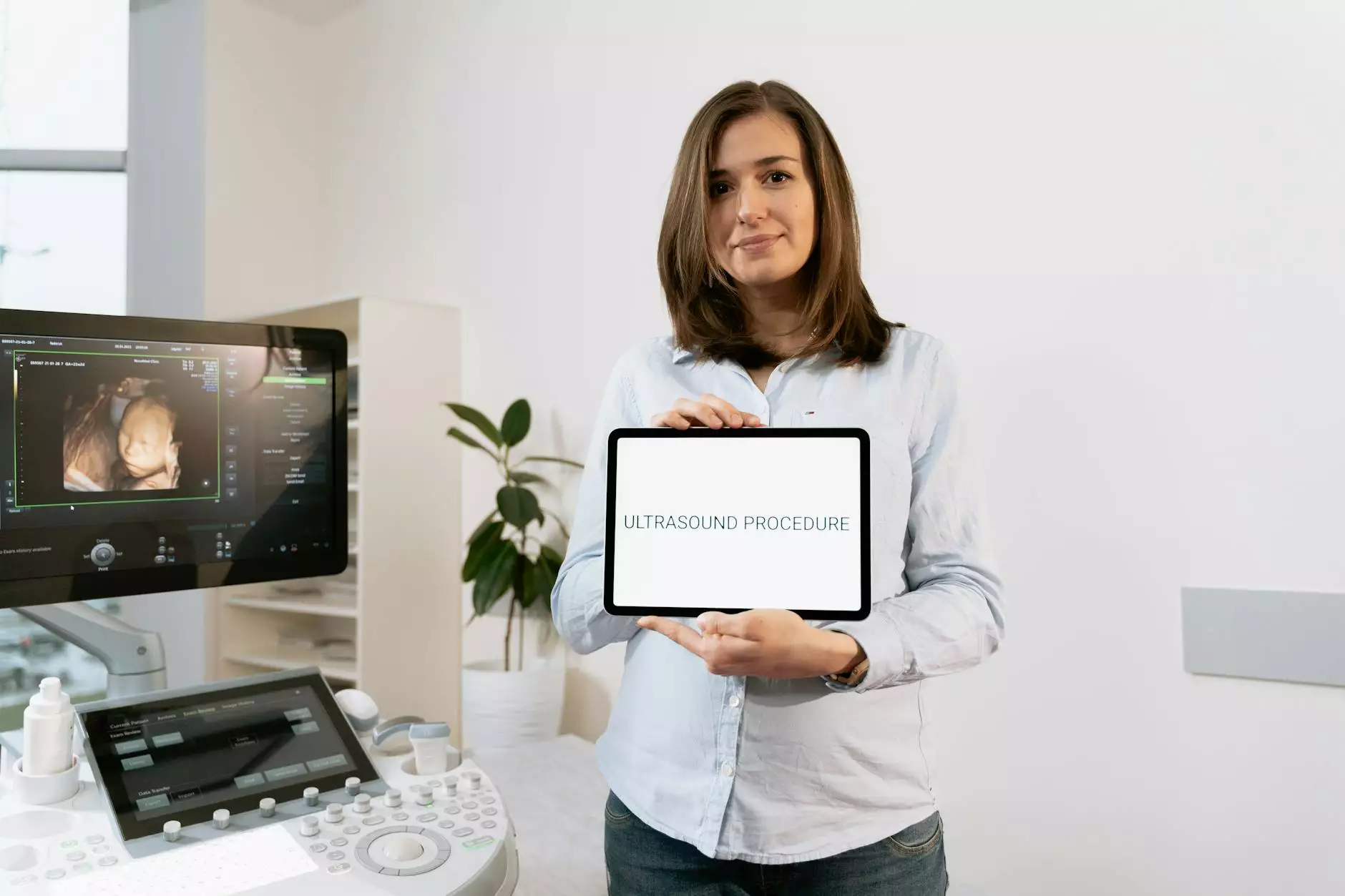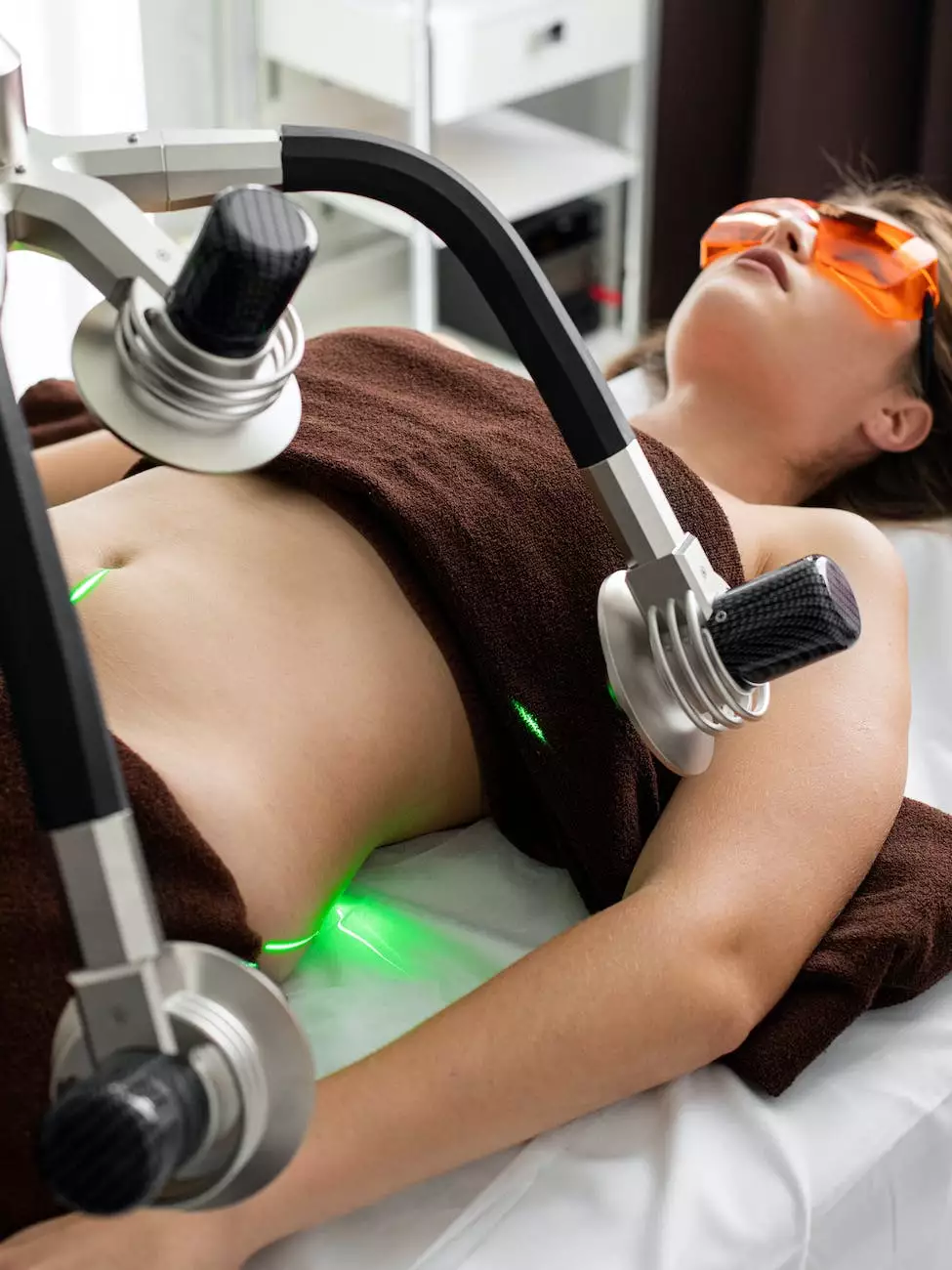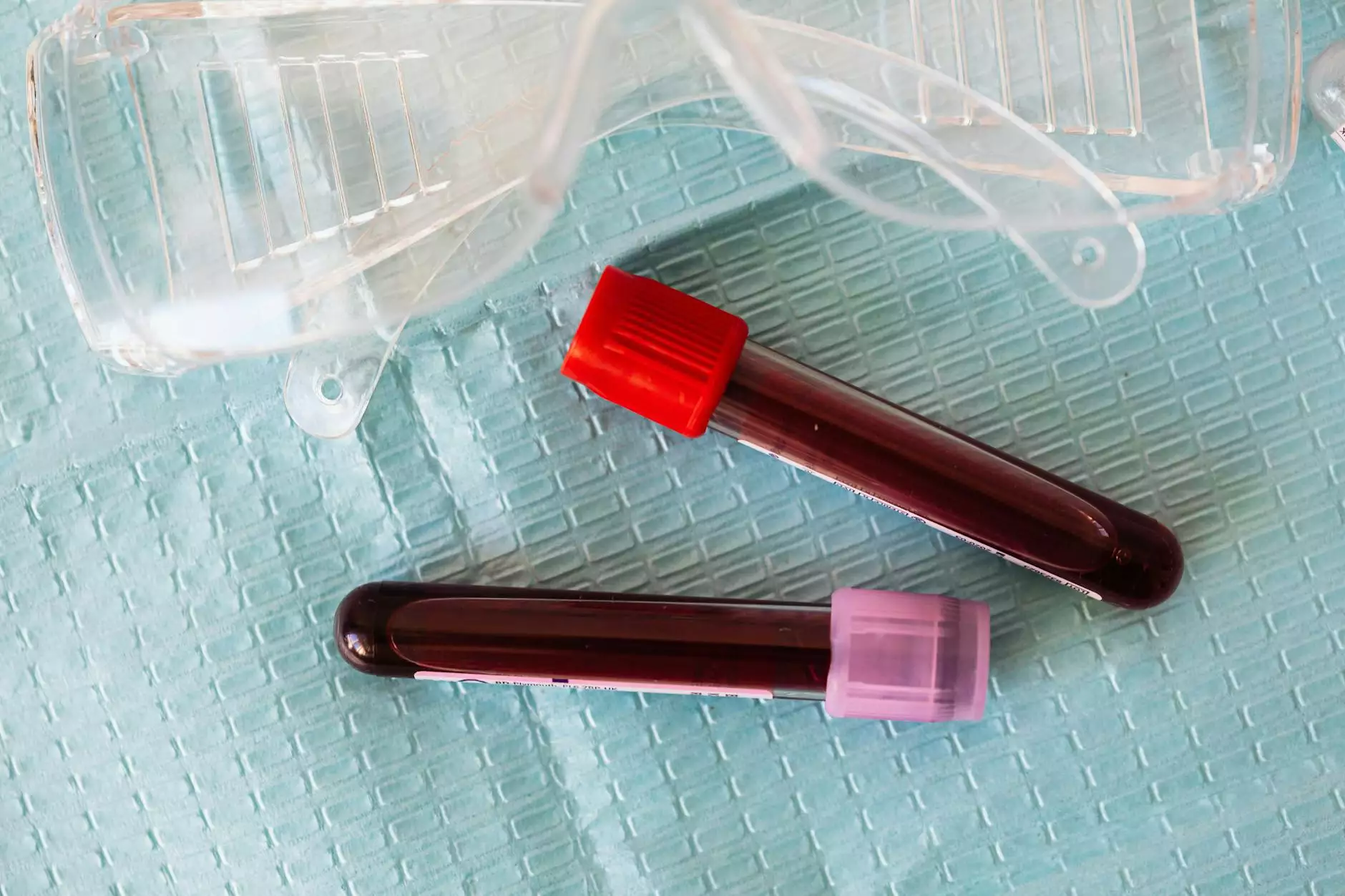Pregnancy and Varicose Veins

Understanding Varicose Veins during Pregnancy
Varicose veins are a common concern that many pregnant women experience. These enlarged and twisted veins, often in the legs, occur due to increased blood volume and pressure during pregnancy. Bay Regional Medical Center, a leading healthcare provider in the field of women's health, offers comprehensive information on pregnancy-related varicose veins.
Causes and Risk Factors
Several factors contribute to the development of varicose veins during pregnancy. The hormonal changes, particularly the increase in progesterone levels, weaken the walls of the veins, making them more susceptible to enlargement and valve dysfunction. Additionally, the growing uterus exerts pressure on the veins, hindering blood flow and resulting in the formation of varicose veins.
Signs and Symptoms
Common signs of varicose veins during pregnancy include:
- Visible, bulging veins
- Discomfort or pain, often relieved by elevating the legs
- Swelling in the legs or ankles
- Itching or a burning sensation
- Cramping in the legs
- Increased fatigue
- Restless legs
If you are experiencing any of these symptoms, it is essential to consult with a healthcare professional at Bay Regional Medical Center for a proper diagnosis and personalized treatment recommendations.
Preventing Varicose Veins during Pregnancy
While varicose veins may be common during pregnancy, certain measures can help prevent their development or minimize discomfort:
- Exercise regularly to improve blood circulation
- Elevate your legs whenever possible
- Avoid prolonged periods of standing or sitting
- Wear compression stockings or maternity support hose
- Maintain a healthy weight
- Avoid crossing your legs while sitting
- Sleep on your left side to reduce pressure on the inferior vena cava
Treatment Options
Bay Regional Medical Center offers a range of treatment options for varicose veins during pregnancy. Our experienced healthcare professionals will assess your condition and recommend the most suitable approach. Treatment options may include:
- Compression therapy - Wearing compression stockings to alleviate symptoms and improve circulation.
- Sclerotherapy - Injection of a solution into the affected veins to close them.
- Endovenous laser treatment (EVLT) - Using laser energy to seal off the affected veins.
- Conservative management - Lifestyle modifications, such as exercise and elevation, to relieve symptoms without intervention.
Consult with Bay Regional Medical Center
If you are pregnant and experiencing varicose veins, our team of healthcare professionals at Bay Regional Medical Center is here to help. With our expertise in women's health, we can provide you with comprehensive care options tailored to your needs. Contact us today to schedule a consultation and take a proactive approach in managing varicose veins during pregnancy.










